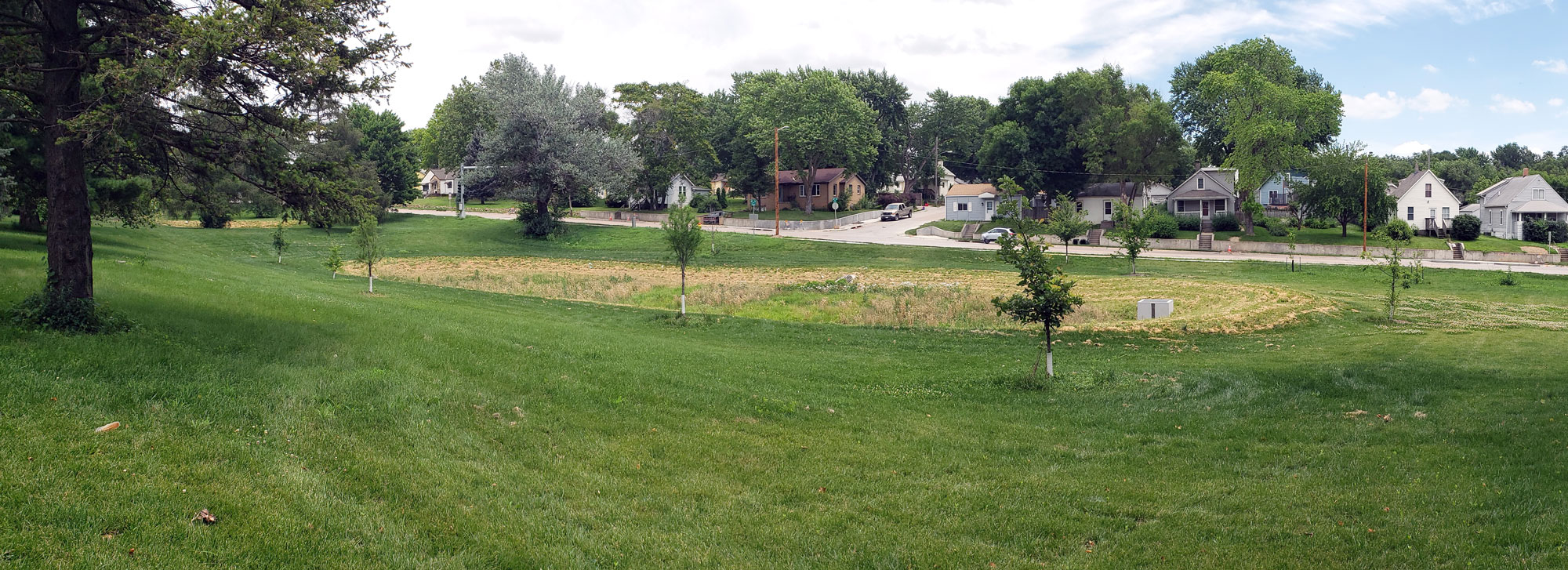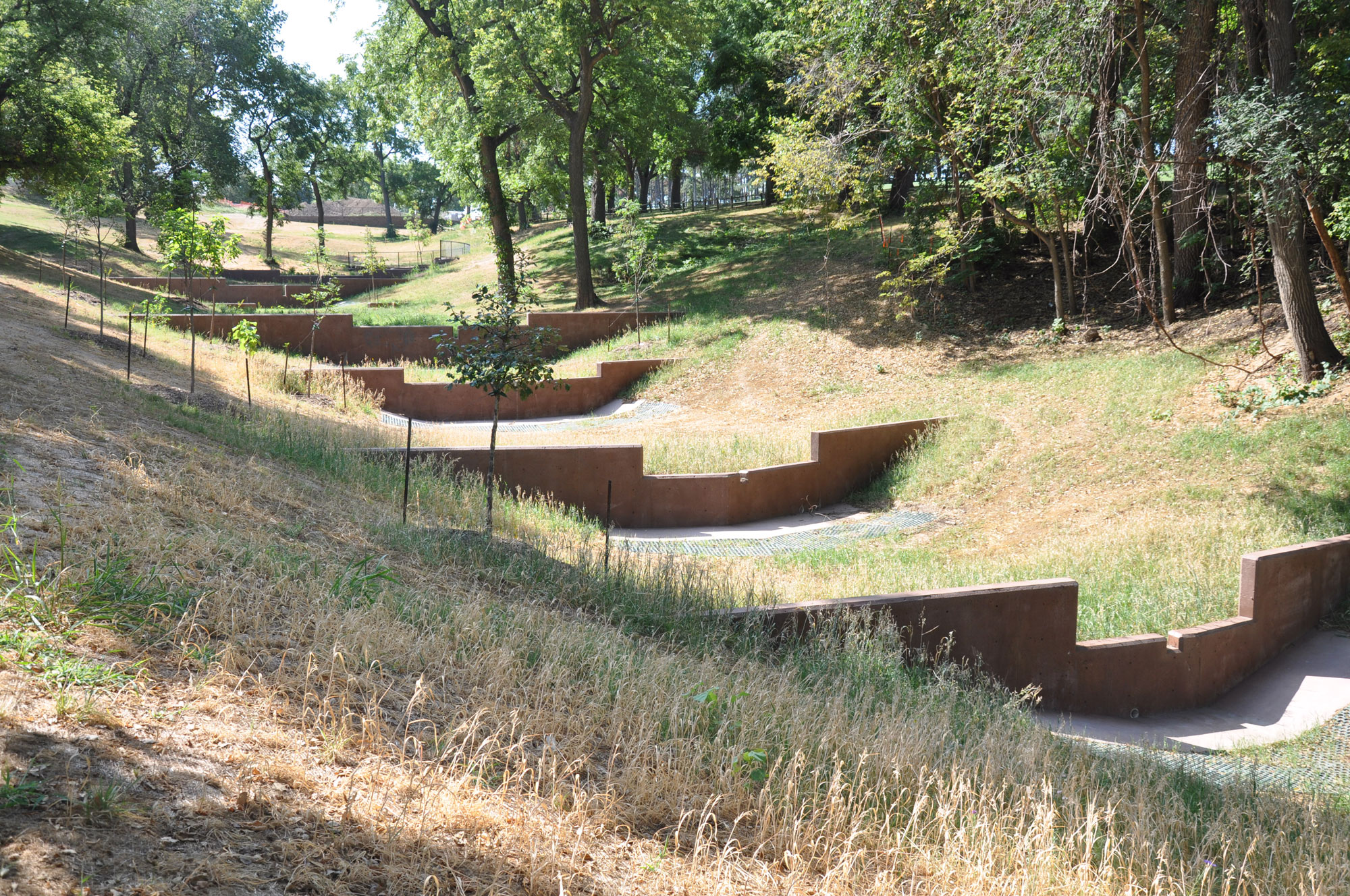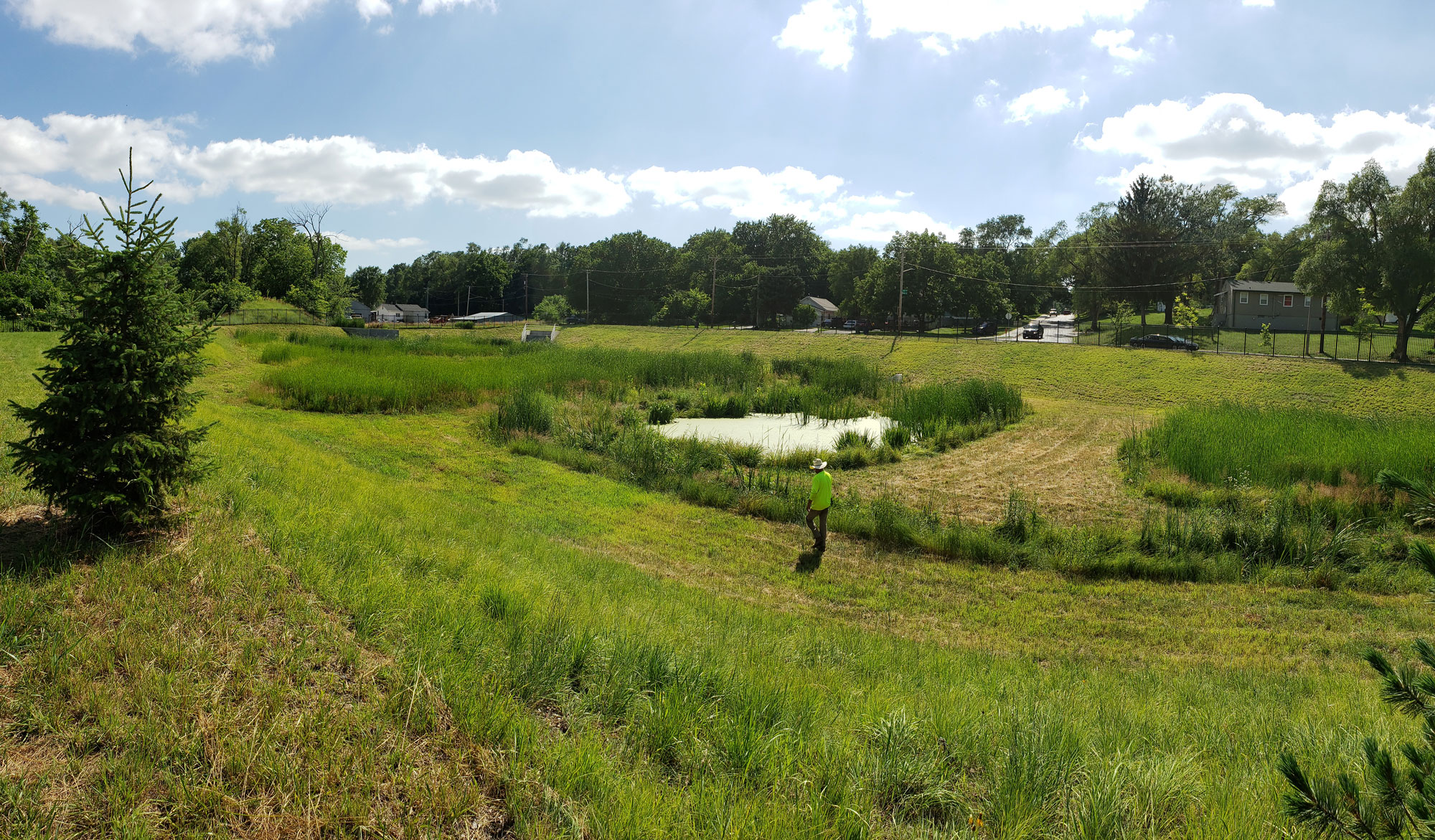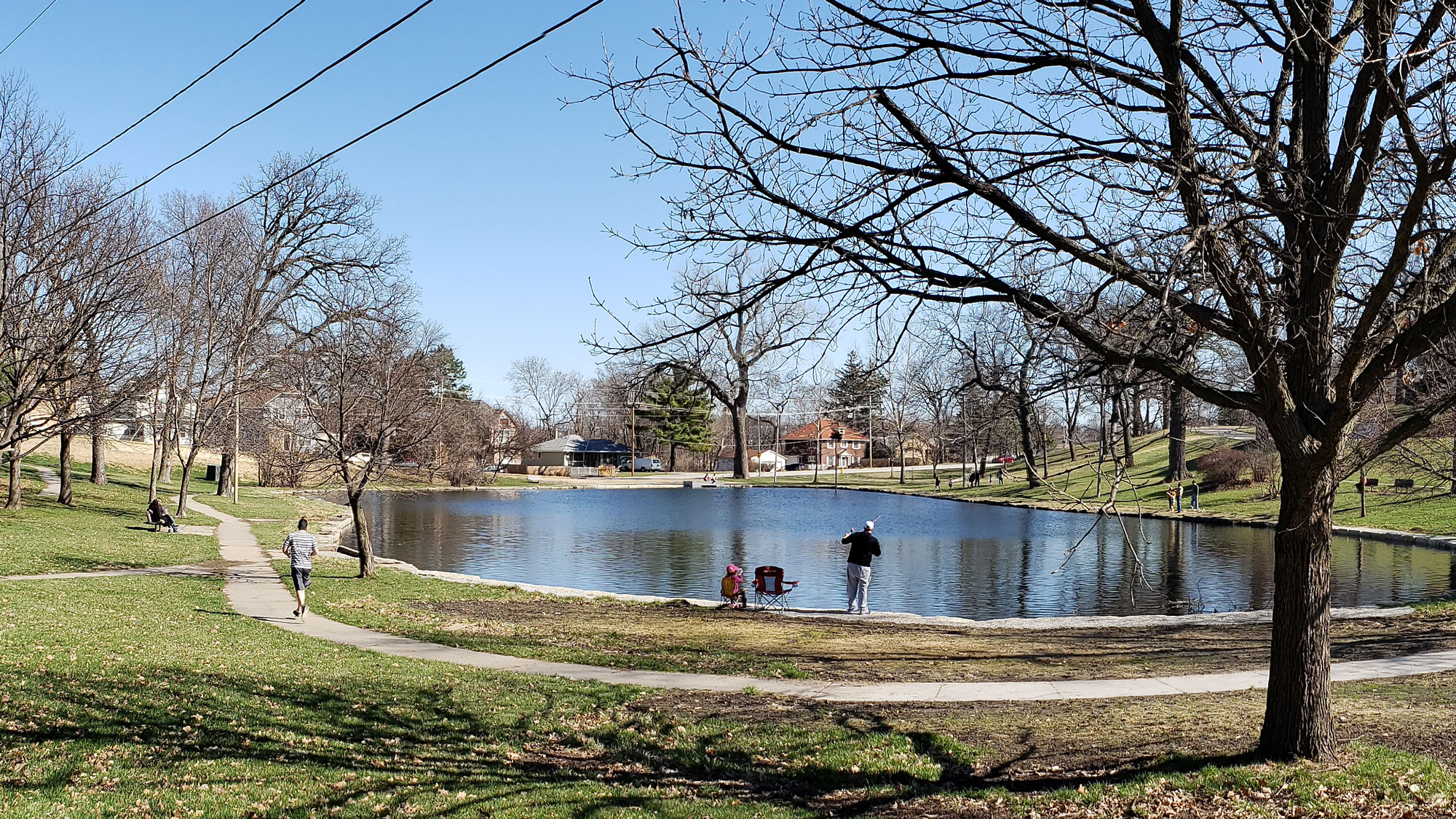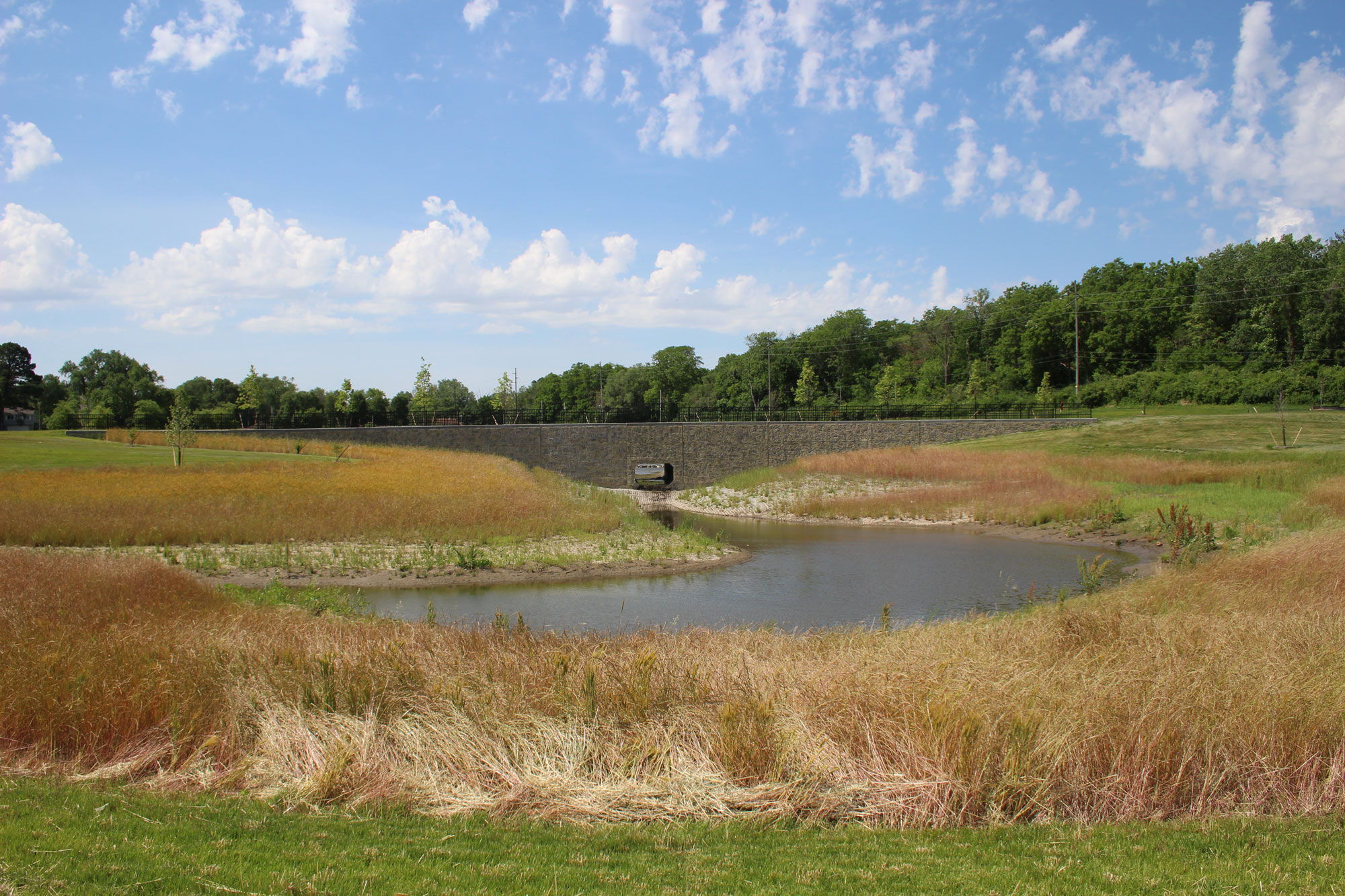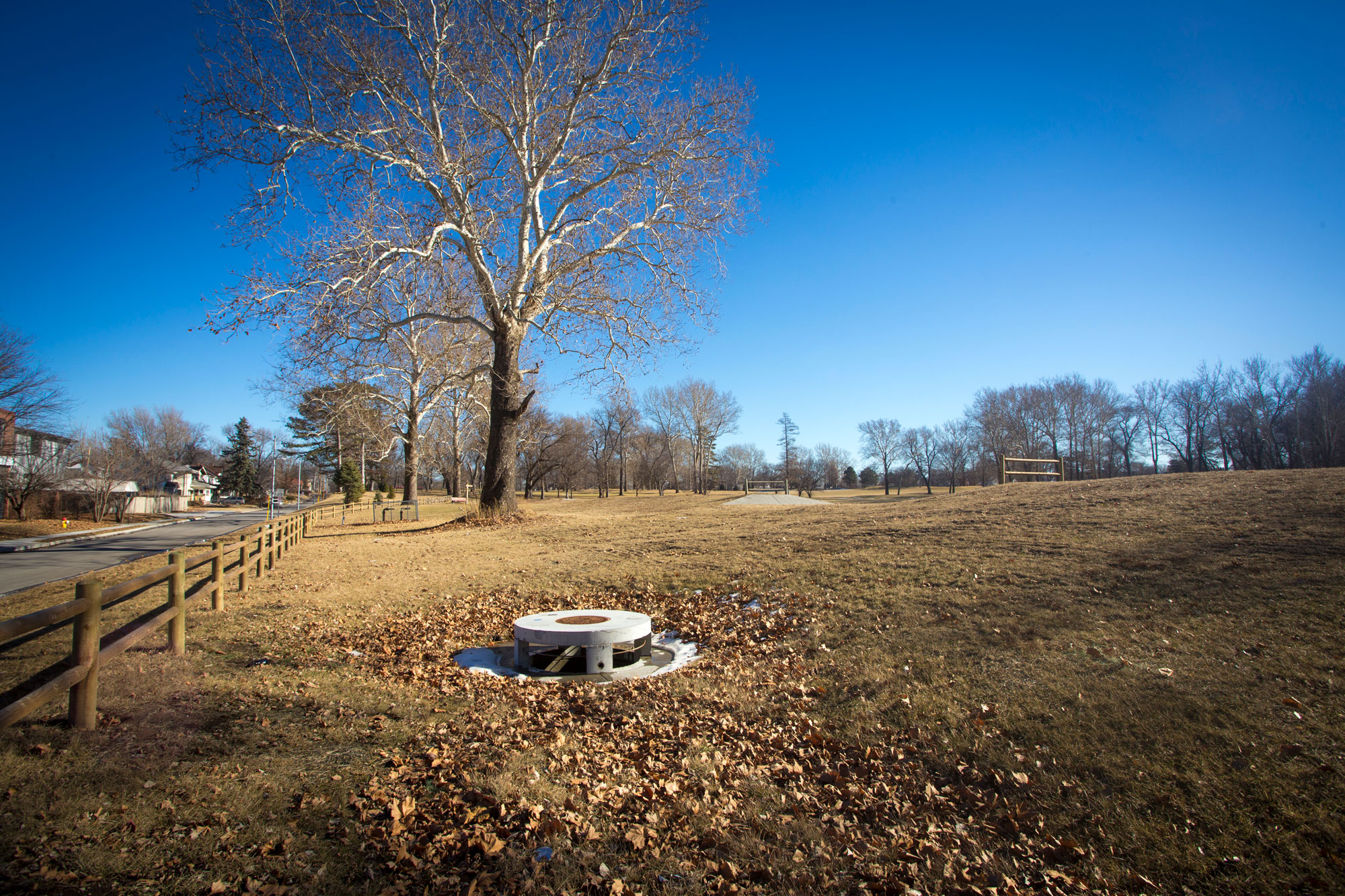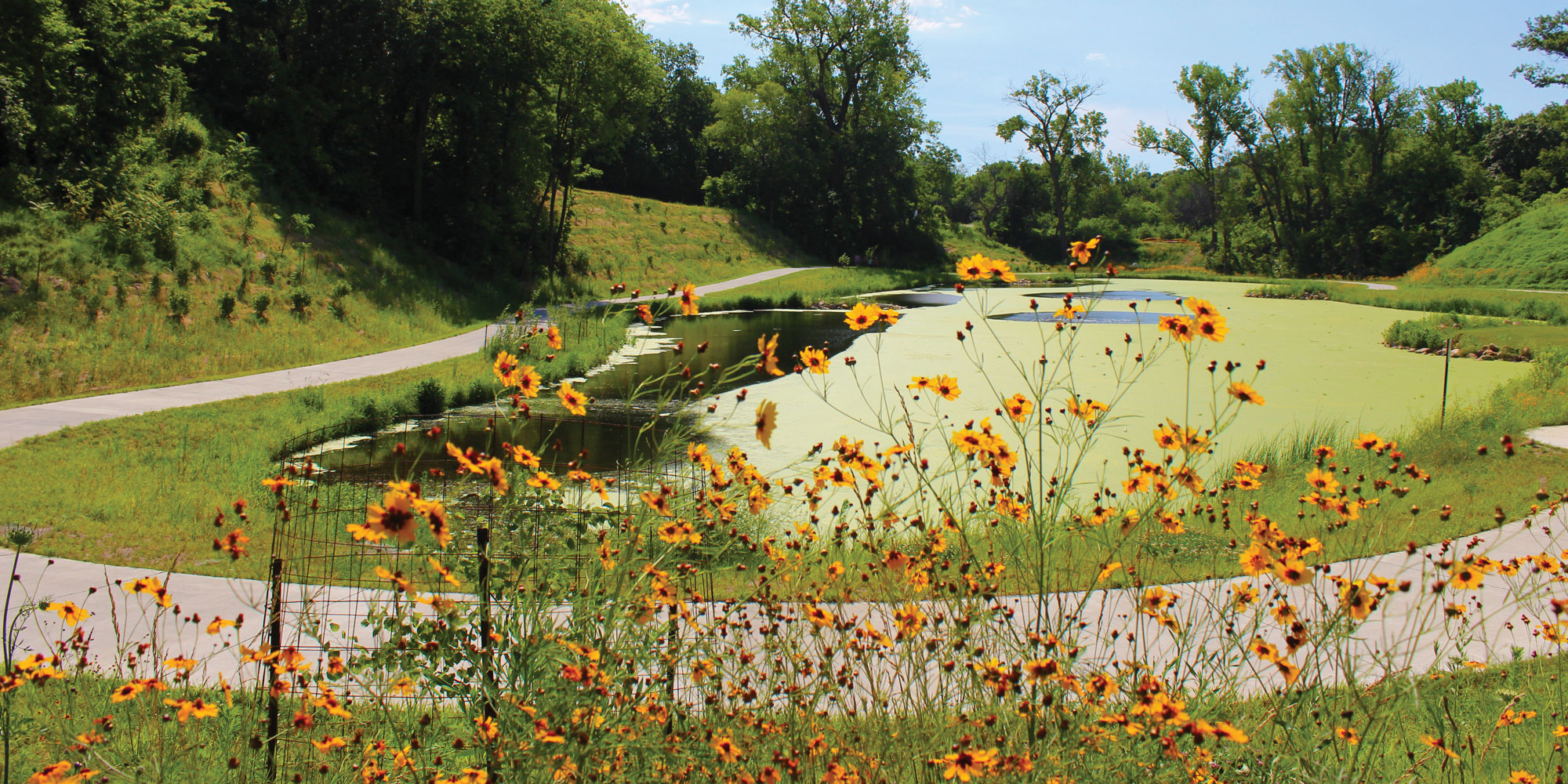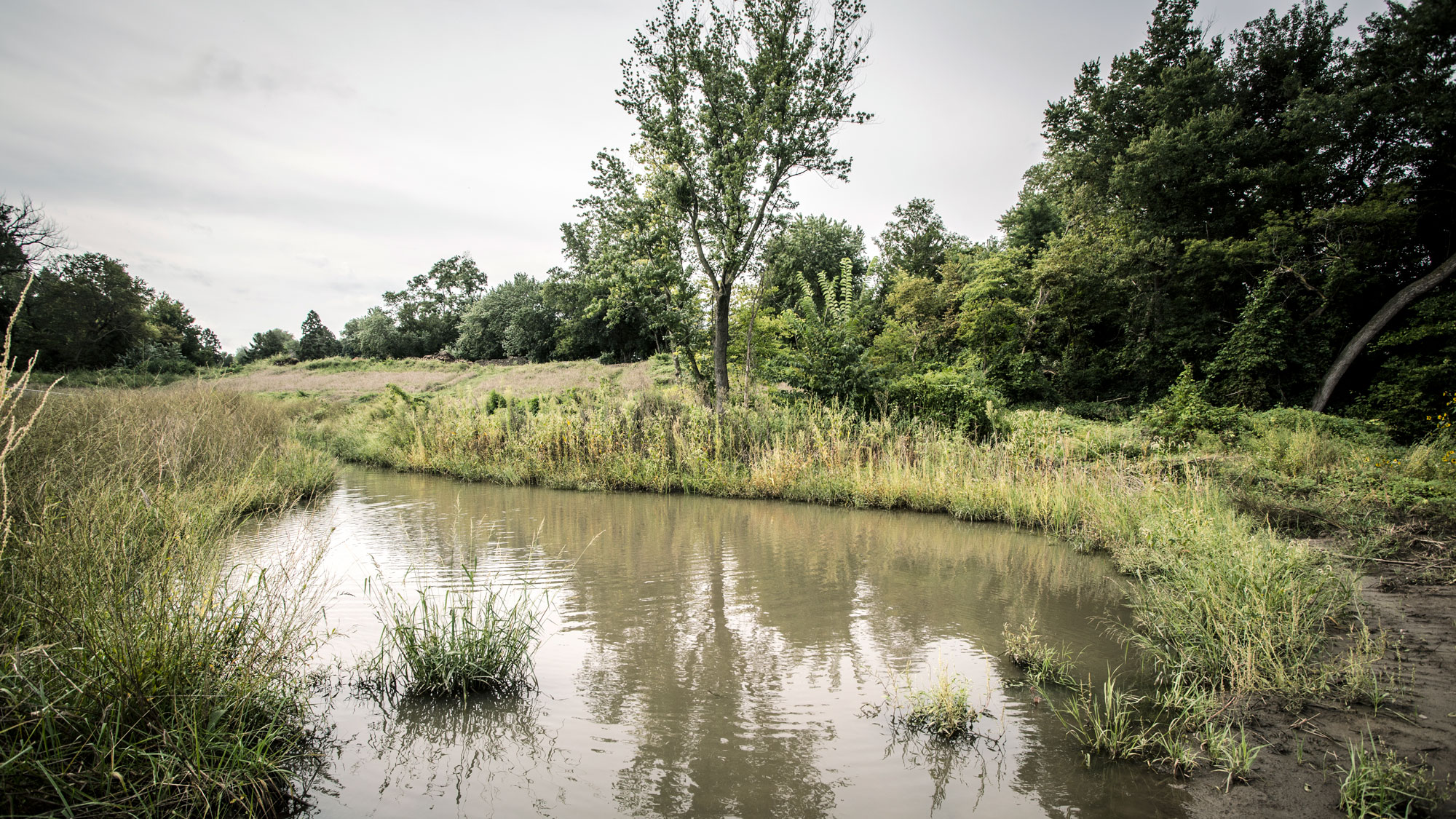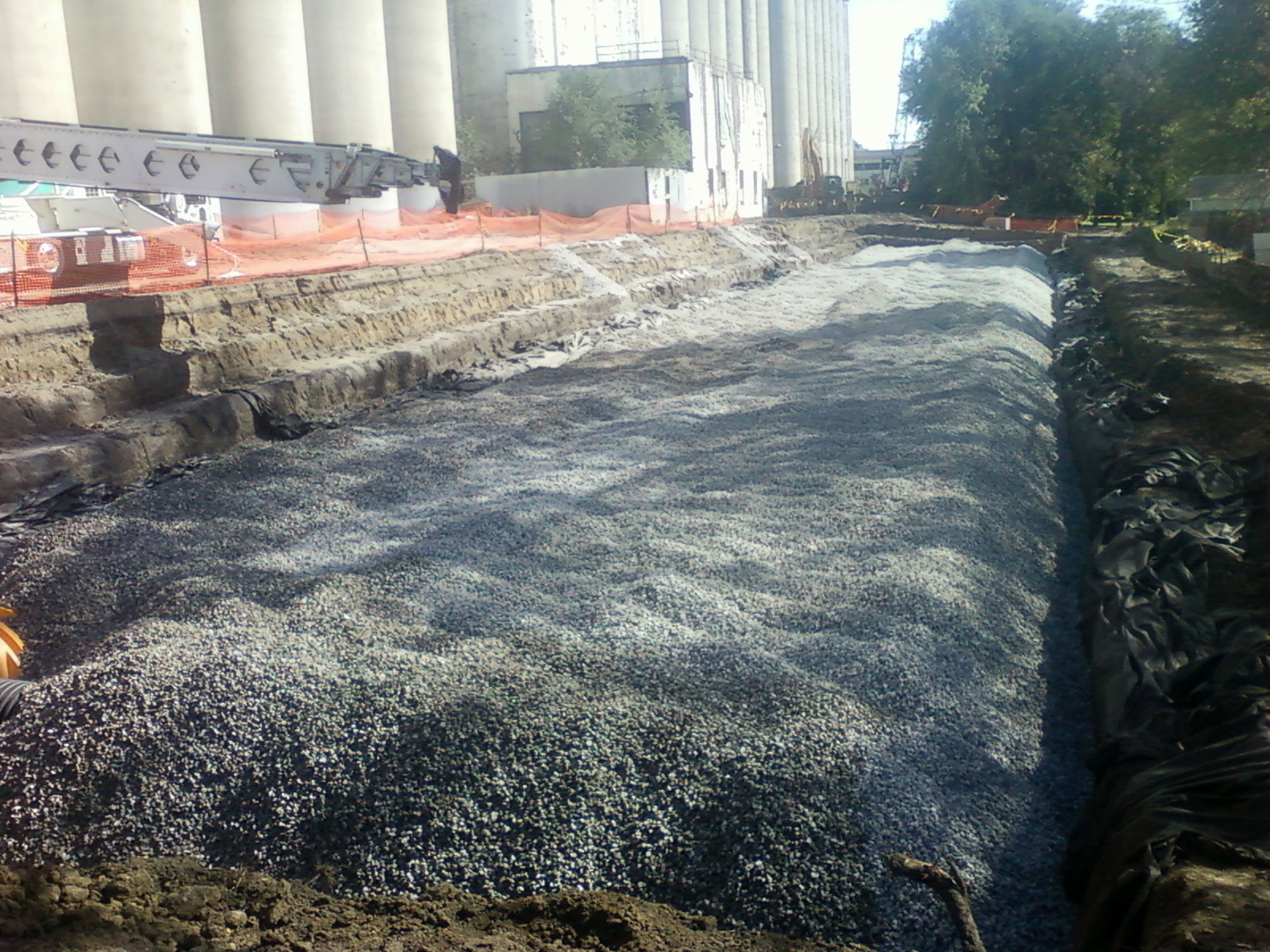Omaha CSO
Skip to content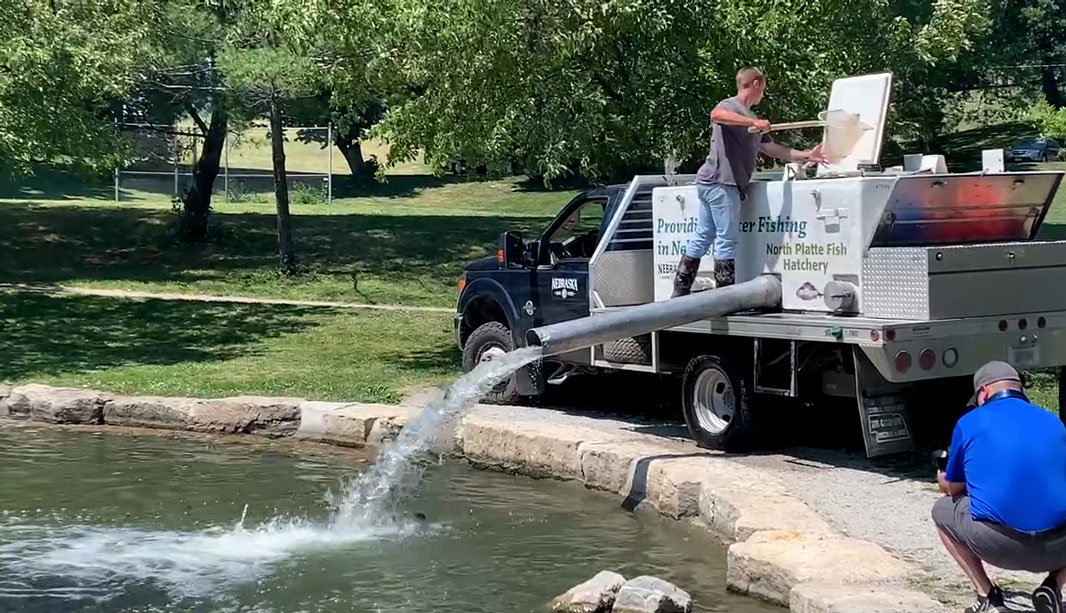
 Green Infrastructure
Green Infrastructure
The City, through its Clean Solutions for Omaha Program, has been committed to multi-faceted solutions including green infrastructure. Together with the Omaha Stormwater Program, the City implements best practices to reduce stormwater pollution and impacts on the wastewater system. Omaha’s Stormwater Program is focused on eliminating prohibited non-stormwater discharges through a National Pollutant Discharge Elimination System (NPDES) municipal stormwater discharge permit. Working in tandem, the two programs improve Omaha’s water quality.
To learn more, visit the Omaha's Stormwater Program website.
In June 2021, Nebraska Game and Parks restocked Fontenelle Lagoon and Hanscom Park and for catch and release fishing. Three hundred hybrid bluegill and green sunfish were stocked at each location. In addition to helping meet Program goals, green infrastructure projects revitalized parks that serve as a community amenity featuring wildlife and outdoor recreation.
In Omaha and many other cities, combined sewer overflows are a major cause of water pollution. When it rains, stormwater drains from roofs, street inlets, storm sewers and other engineered collection systems. Eventually, it finds its way into the combined sewer system, which collects both stormwater and sewage. When the flows into the combined system become more than the pipes or the treatment system can handle, it overflows into the Missouri River and other nearby streams. These overflows contain raw sewage, trash, bacteria, heavy metals and other pollutants that impact water quality.
The City of Omaha is committed to reducing combined sewer overflows and their impact on the Missouri River and area streams. The City has a Long Term Control Plan (LTCP) that carefully lays out a series of Clean Solutions for Omaha (CSO) projects to address water quality concerns. All CSO projects are required to evaluate the inclusion of green infrastructure elements where possible.
Green infrastructure helps reduce overflows, often reduces cost and provides neighborhood amenities. Green infrastructure is a water management approach that protects, restores or mimics the natural water cycle. Green infrastructure is often soil- or vegetation-based and can include tree planting and preservation, installing porous pavements, and restoring natural landscapes.
These examples show how Omaha has effectively implemented green infrastructure projects in the CSO Program.
